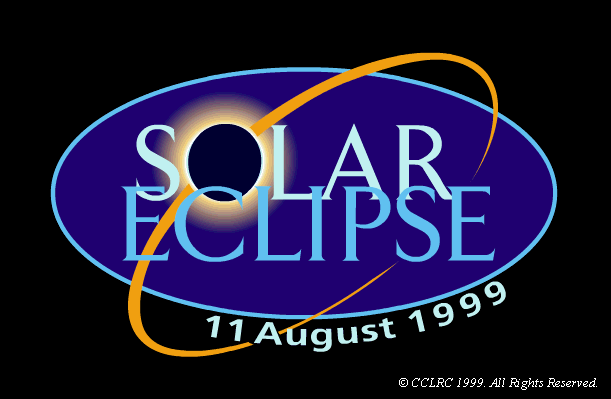Choosing your radio station

Choosing the radio station to listen out for is an important first step.
An ideal radio station should have each of the following characteristics.
- It should be far enough from your position that, in the days leading
up to the eclipse, it can only be heard at night, with the signal
fading out during the day.
- It is important to identify the station and therefore where the
broadcasts are being made from. If possible, the station should be
broadcasting in English (this will not be possible for the 1999
eclipse, but we have a much better idea of where each station is in
Europe).
- Try to choose a frequency where there are as few different stations as
possible.
- If possible, don't choose a station that is swamped by a very strong
local radio signal during the day.
Once you have identified the radio station you intend to listen out for,
the next step is to find out how sensitive your radio is, by calibrating
the signal. This is done by measuring the time at which the signal is
first heard at dusk, and the last time it is heard at dawn. This is
where the timer comes in very handy, as it will save you having to get
up too early, or go to bed too late.
Previous | Next
Radio Experiment |
Atmospheric Science |
What you can do |
Ionosondes |
Eclipse
31/07/98 Chris Davis


![]()